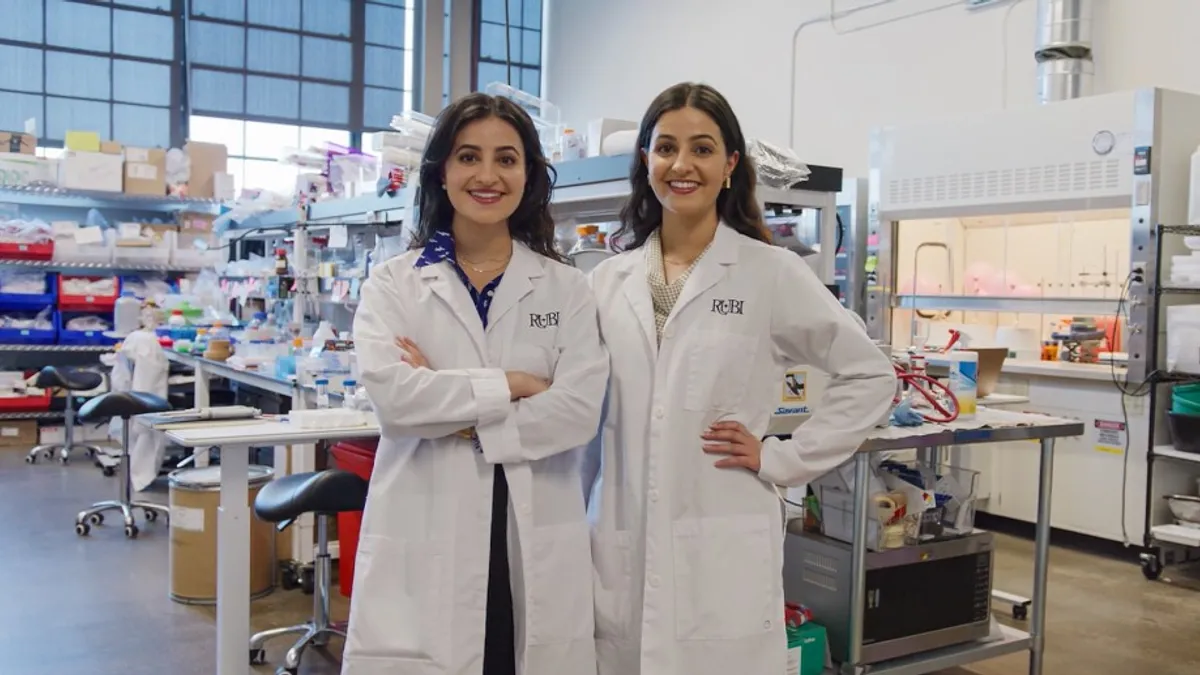Dive Brief:
- Alongside others pursuing sustainable manufacturing, Walmart partnered with Rubi Laboratories, a San Francisco-based biotech company, to introduce carbon capture technology in its supply chain and experiment with garments made from captured carbon emissions, the retailer announced Thursday.
- As part of the pilot, Walmart will explore whether it can integrate Rubi’s technology across its supply chain and test Rubi’s carbon capture capabilities at some of its facilities. The companies are also testing the performance of apparel that uses the fibers Rubi produces from carbon emissions.
- If a prototype garment using Rubi’s technology is successful, Walmart may make a full clothing collection and sell it in stores, according to the announcement. The retailer’s aim is to create a line of affordable, sustainable clothing that can be produced at scale.
Dive Insight:
Walmart’s collaboration with Rubi Laboratories is part of the retail giant’s sustainability aspirations to do “more good, not just less harm.” The company said its customers would be interested in sustainable apparel that is also affordable, and that it sees a “real possibility” of creating such clothing through this pilot.
“We see great potential beyond apparel as these pilots could have implications across so many products and industries: packaging, building materials, food and even the creation of new raw material,” Andrea Albright, executive vice president of sourcing at Walmart, wrote in the company blog post. “The possibilities are staggering, and we’re excited to see where this journey takes us as we work toward a more sustainable and equitable future.”
The company is aiming to reach zero emissions across its operations by 2040. In June, Walmart Chief Sustainability Officer Kathleen McLaughlin said in an investor letter that its suppliers have reduced their greenhouse emissions by more than 750 million metric tons since 2017.
Others in the retail space have been trying to reduce their carbon footprint during production as well. Last September, running brand On debuted the Cloudprime shoe, which is about 70% CO2 based. In March, Allbirds unveiled its first zero-carbon shoe called the “M0.0NSHOT,” which is made of merino wool, sugarcane-based foam and other materials.
But while Walmart and other retailers are trying to reduce the environmental harm of their manufacturing and supply chain processes, regulators and policymakers are taking a closer look at the industry’s practices. The U.S. Federal Trade Commission, for example, announced plans last year to improve its “Green Guides,” which cover sustainability marketing and were initially implemented in 1992.















